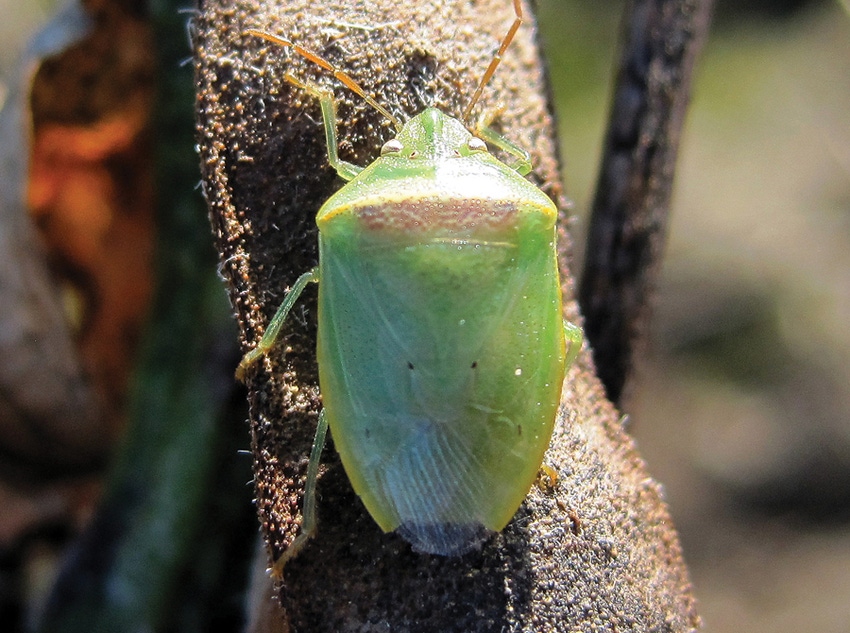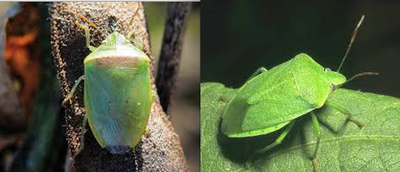
“Even if a really harsh winter kills insect populations down to a really low level, if we then get a favorable spring with lots of rain and warm weather that causes an explosion of spring host plants, the small population of insects that survived the winter can blow up into as big, or bigger, problem than it would have been anyway," says Angus Catchot, Mississippi State University Extension entomology professor.

If you were hoping the severe winter would significantly reduce insect populations this year, you may be in for a disappointment, says Angus Catchot.
“Even if a really harsh winter kills insect populations down to a really low level, if we then get a favorable spring with lots of rain and warm weather that causes an explosion of spring host plants, the small population of insects that survived the winter can blow up into as big, or bigger, problem than it would have been anyway.”
There are a couple of exceptions, says Catchot, Extension professor of entomology at Mississippi State University, who spoke at the annual meeting of the Mississippi Agricultural Consultants Association. Both are stink bugs.
“In 2009,” he says, “we sprayed for the red banded stink bug in about 21 counties — it was a tremendous problem. Then we had a couple of cold winters, and in 2010 and 2011, in 20,000 sweeps by graduate students, they caught exactly two of these stink bugs. We quickly realized,” he laughs, “that this pest is probably sensitive to cold weather.”
Then, following a couple of mild winters, he says, populations began rebounding and “we did lots of spraying in 2013 for the red banded stink bug in south Mississippi, all the way up to Highway 82.”

TWO INSECTS that are impacted by severe winters are the red banded stink bug, left, and the southern green stink bug. But many other Mid-South insect pests can rebound after a cold winter.
The southern green stink bug, Catchot says, had also been making a comeback the past couple of years. “In 2013 in Noxubee County in east Mississippi, I was catching upwards of 100 per 25 sweeps. It’s well documented that this stink bug is also very sensitive to cold weather.
“For 2014, I’m expecting both of these will be in very low numbers, regardless of spring weather. But I think green and brown stink bugs and plant bug populations will be pretty much as they always are.”
And Catchot says, worm problems could be worse.
“Don’t take it to the bank, but looking back at trends, historically we’ve had worse worm problems — caterpillars in general — behind a cold winter.
Ag news delivered daily to your inbox: Subscribe to Delta Farm Press Daily.
“My theory is that the soil doesn’t freeze deep enough to kill overwintering caterpillars that can be three inches deep or more. Or what may be happening is that cold weather kills out the parasitoids, the beneficials, that would normally knock out the caterpillar generation that would go to wild hosts.”
About the Author(s)
You May Also Like



